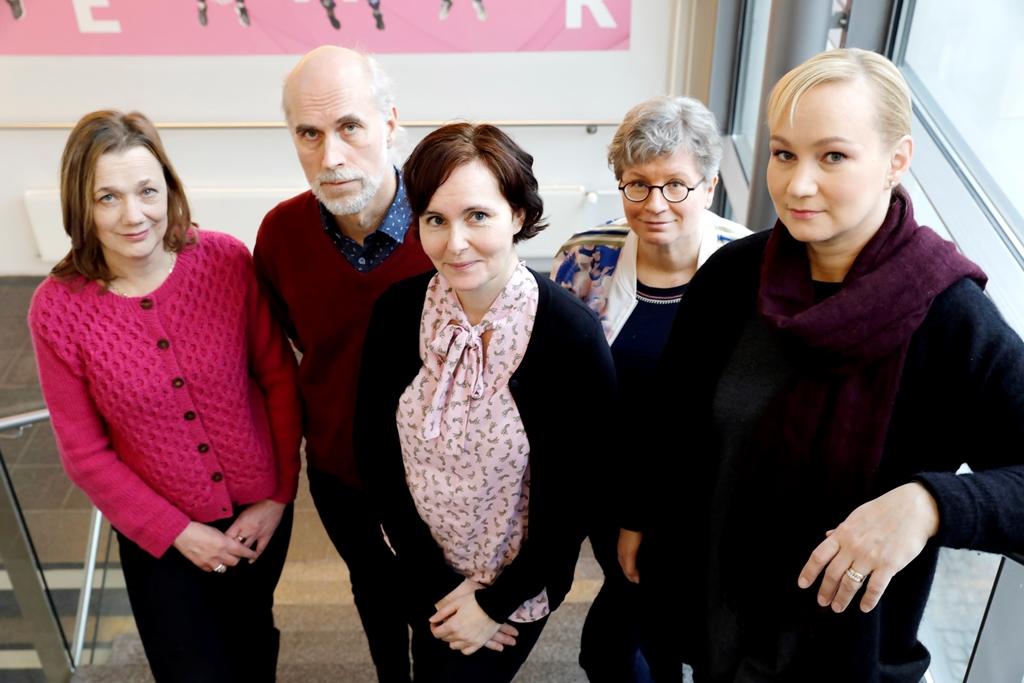Supporting socially marginalised groups with the use of digitalised services.
New electronic services can increase social exclusion if the service culture fails to take groups in a vulnerable position into consideration. These groups can include substance abusers, prisoners and mental health service users.
We will investigate how the inclusion of these groups can be promoted and the type of skills this requires on the part of professionals. At the same time, we will examine the characteristics of a work culture that support digitalisation. We will also investigate the digitalisation of prisons and its significance for the work culture in the criminal sanctions field and desistance from crime for prisoners being released. We will analyse user experiences and the barriers to using digital services among people with a background of substance abuse and crime.
We will create and implement new solutions that involve marginal groups of people in using digital services and make the services more easily available and accessible. Another aim is to develop new pedagogical models for the social and health field in education provided by universities of applied sciences.
We will analyse user experiences related to digital services among substance abusers, offenders and mental health service users. We will brainstorm and concretise new solutions for digital services by means of co-design with experts by experience, professionals, students and developers. After this, prototypes of the new services will be created and tested in practice.
The work package leader is Adjunct Professor Teemu Rantanen from Laurea University of Applied Sciences.

